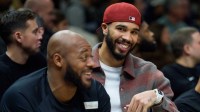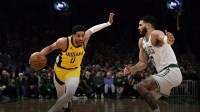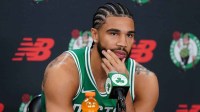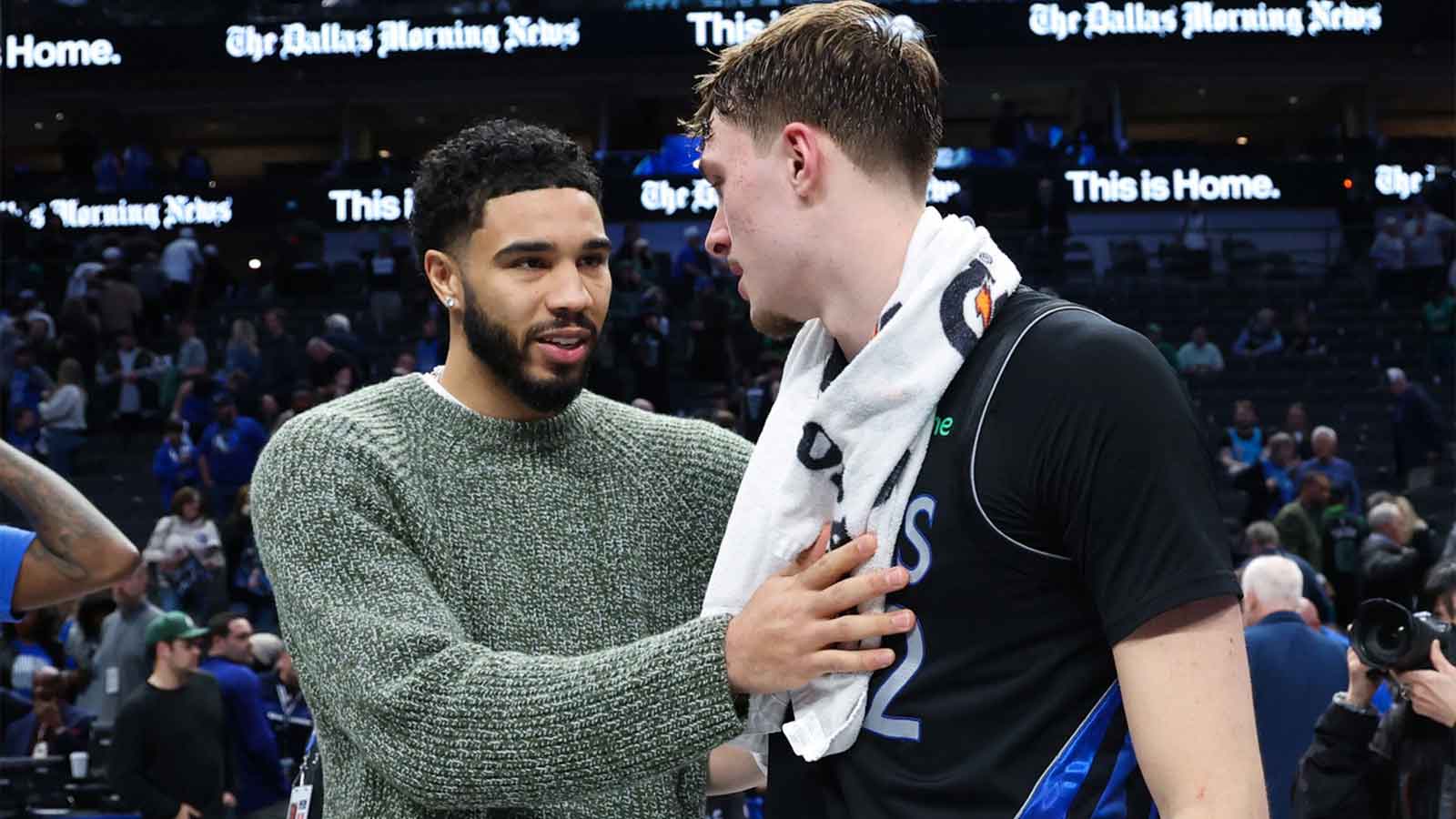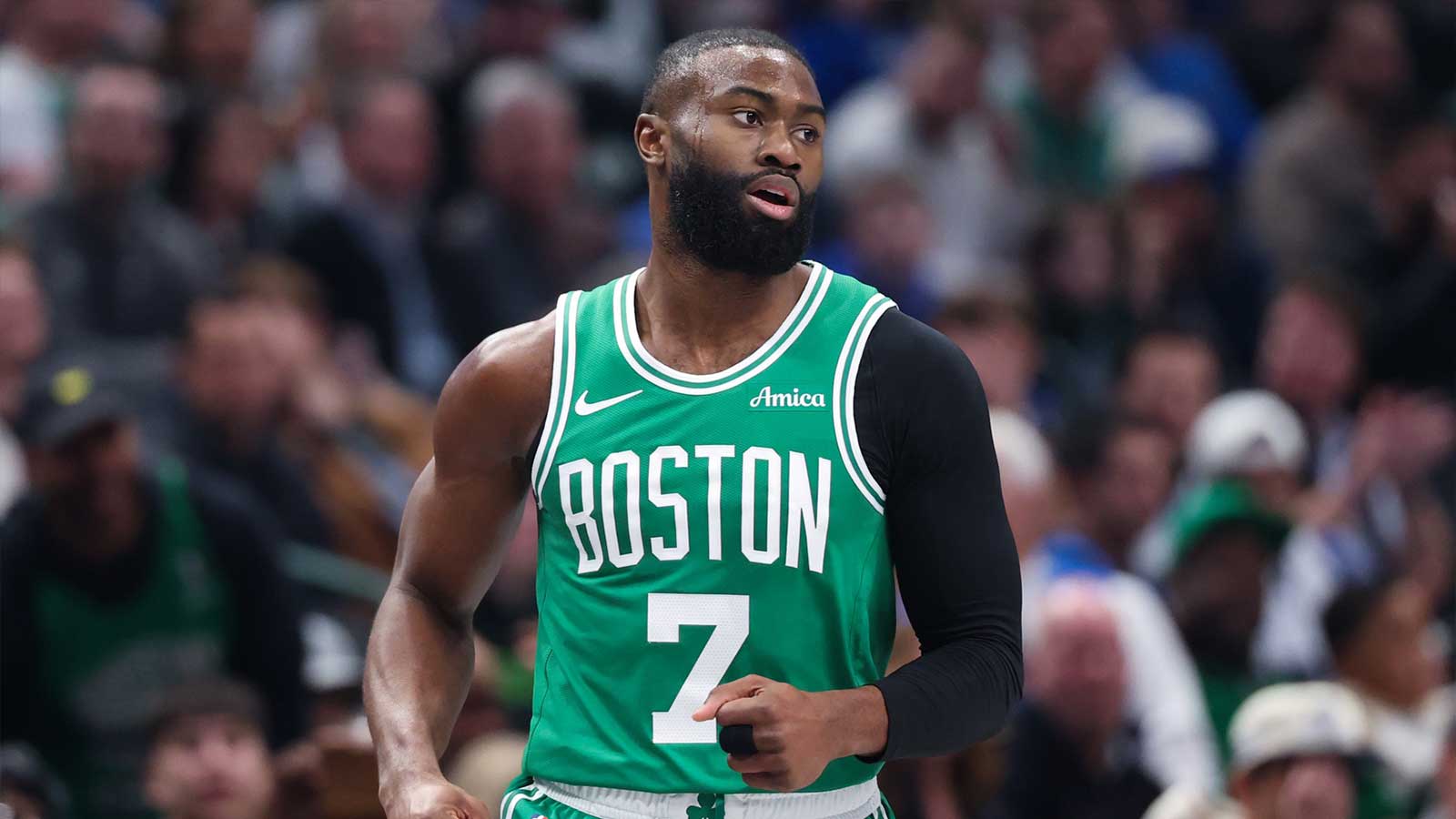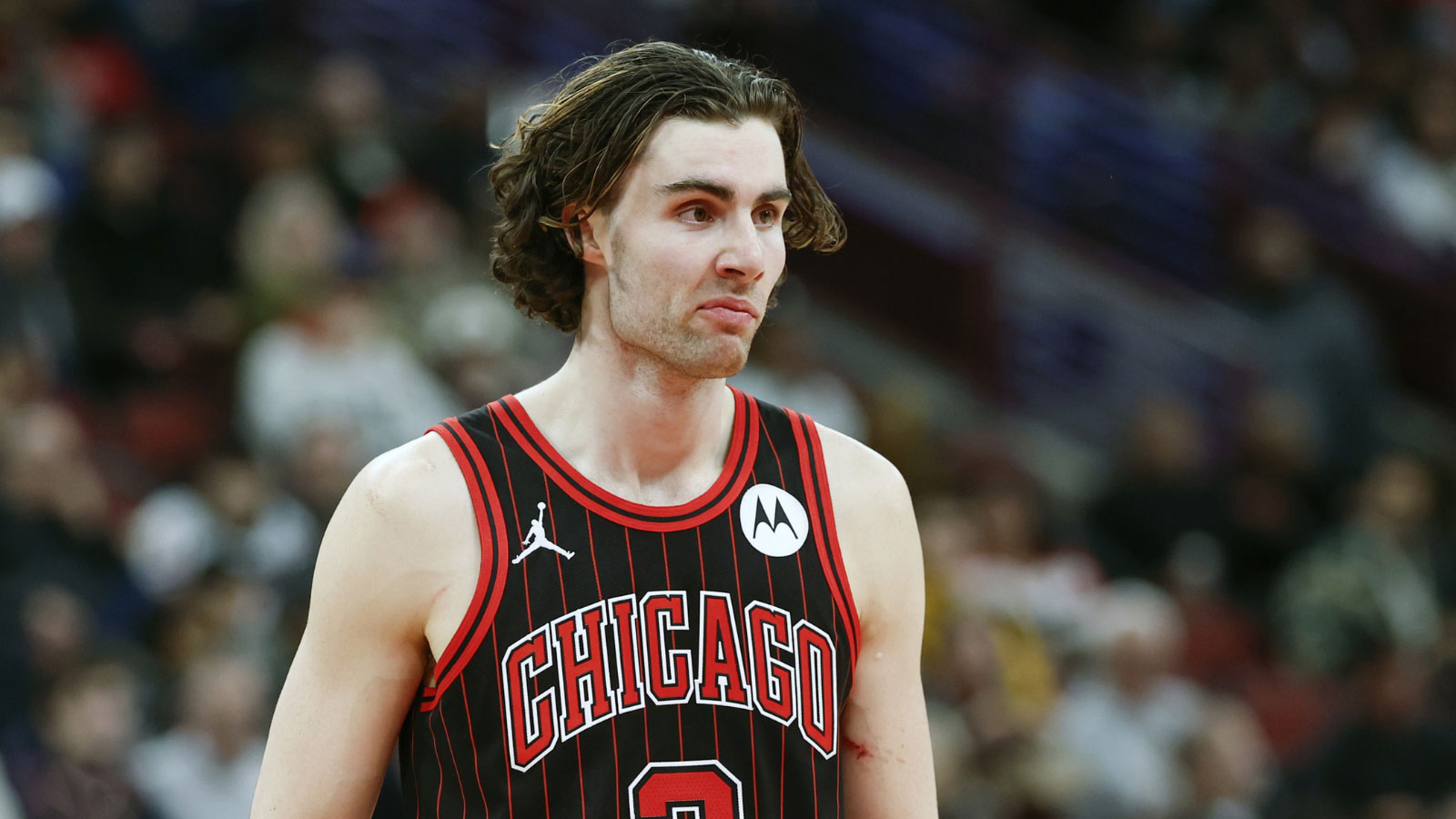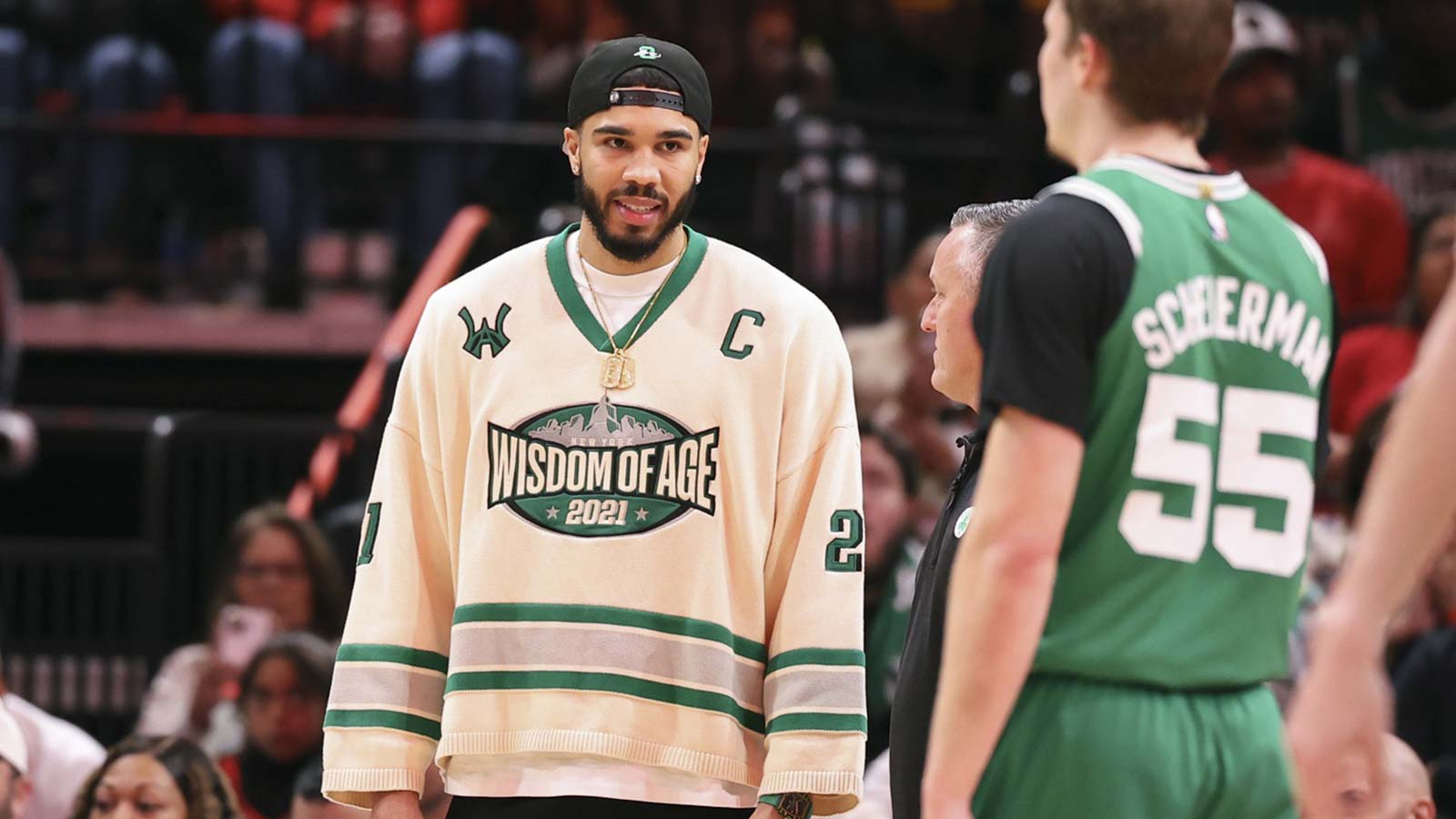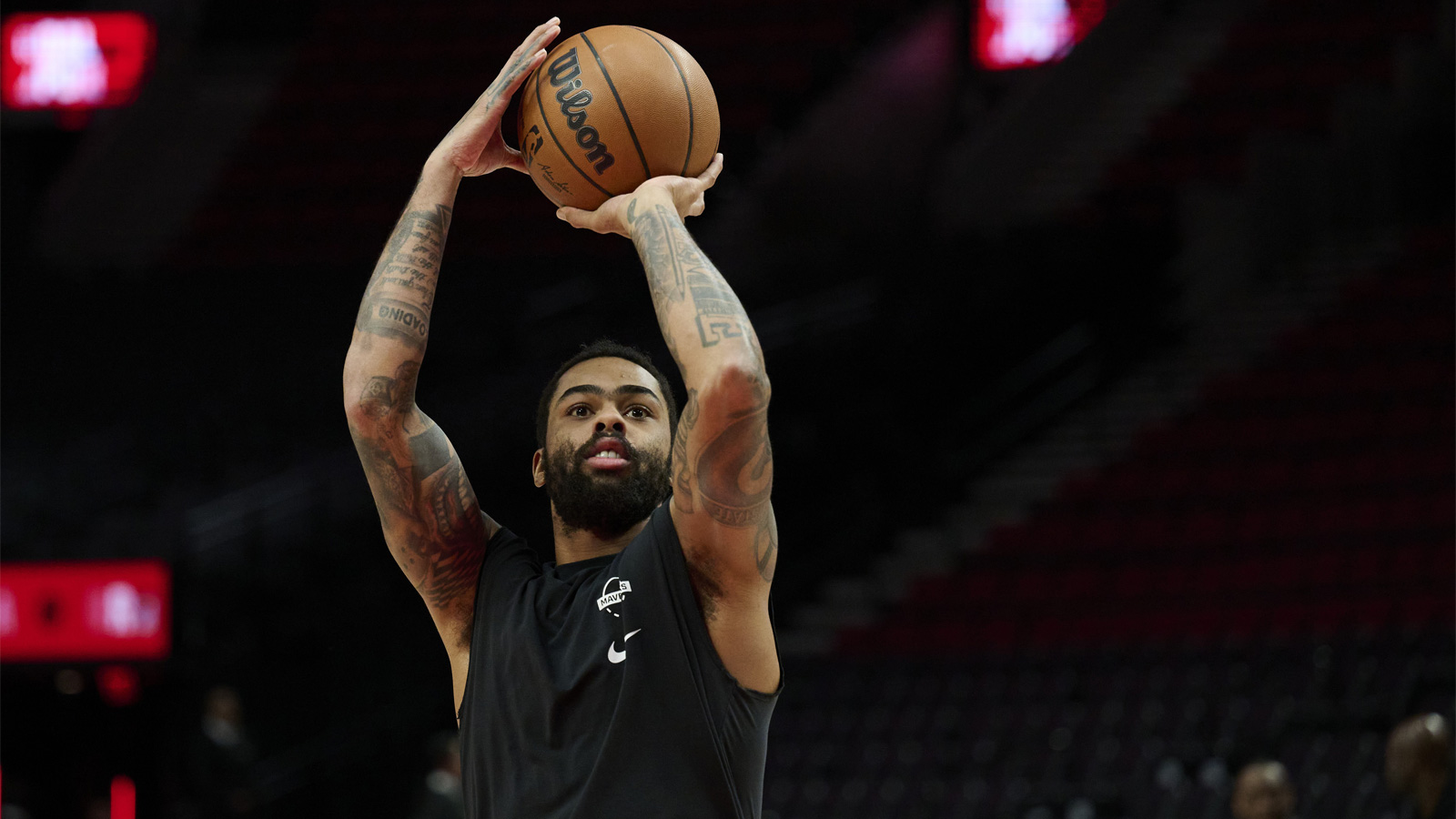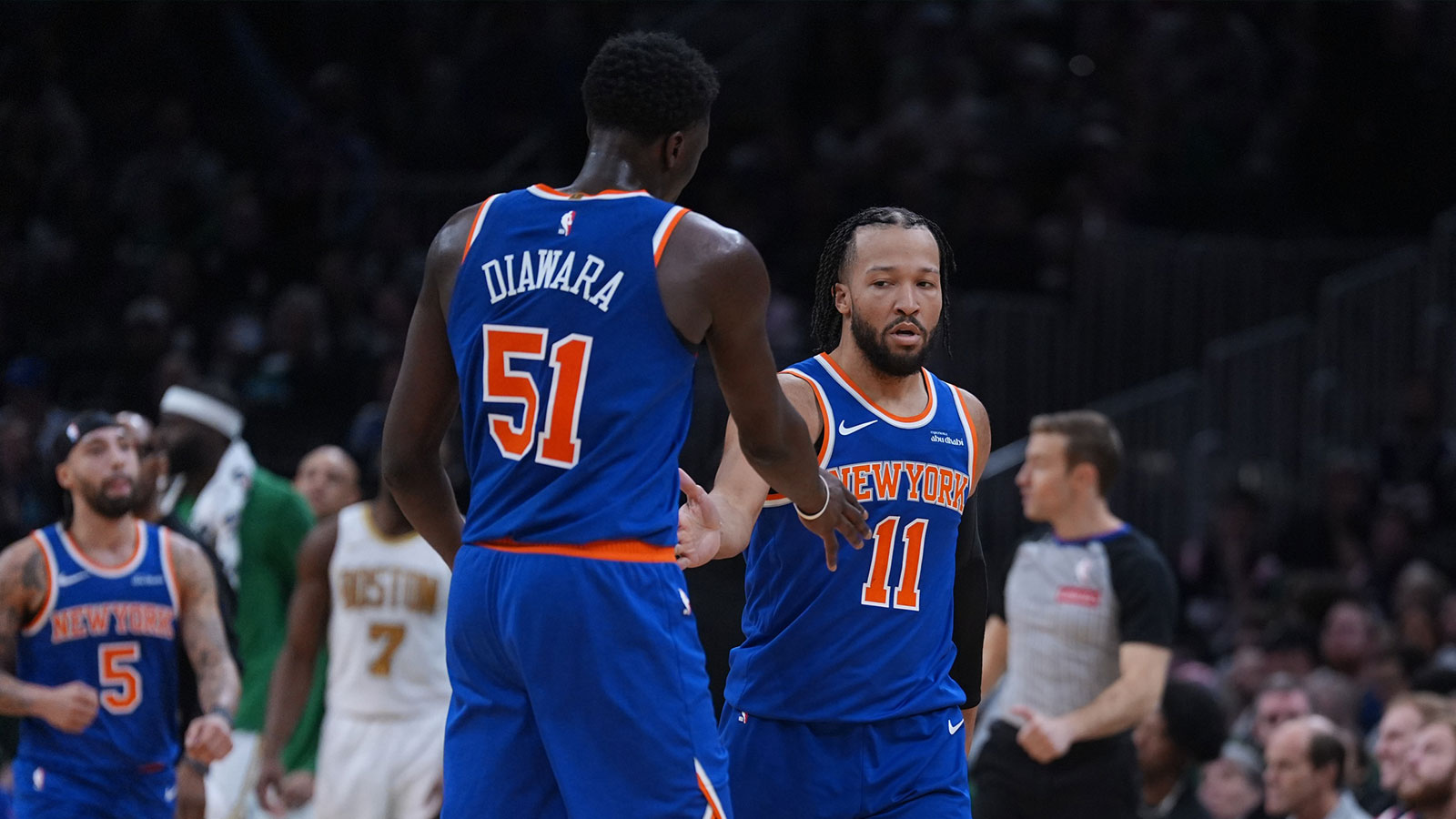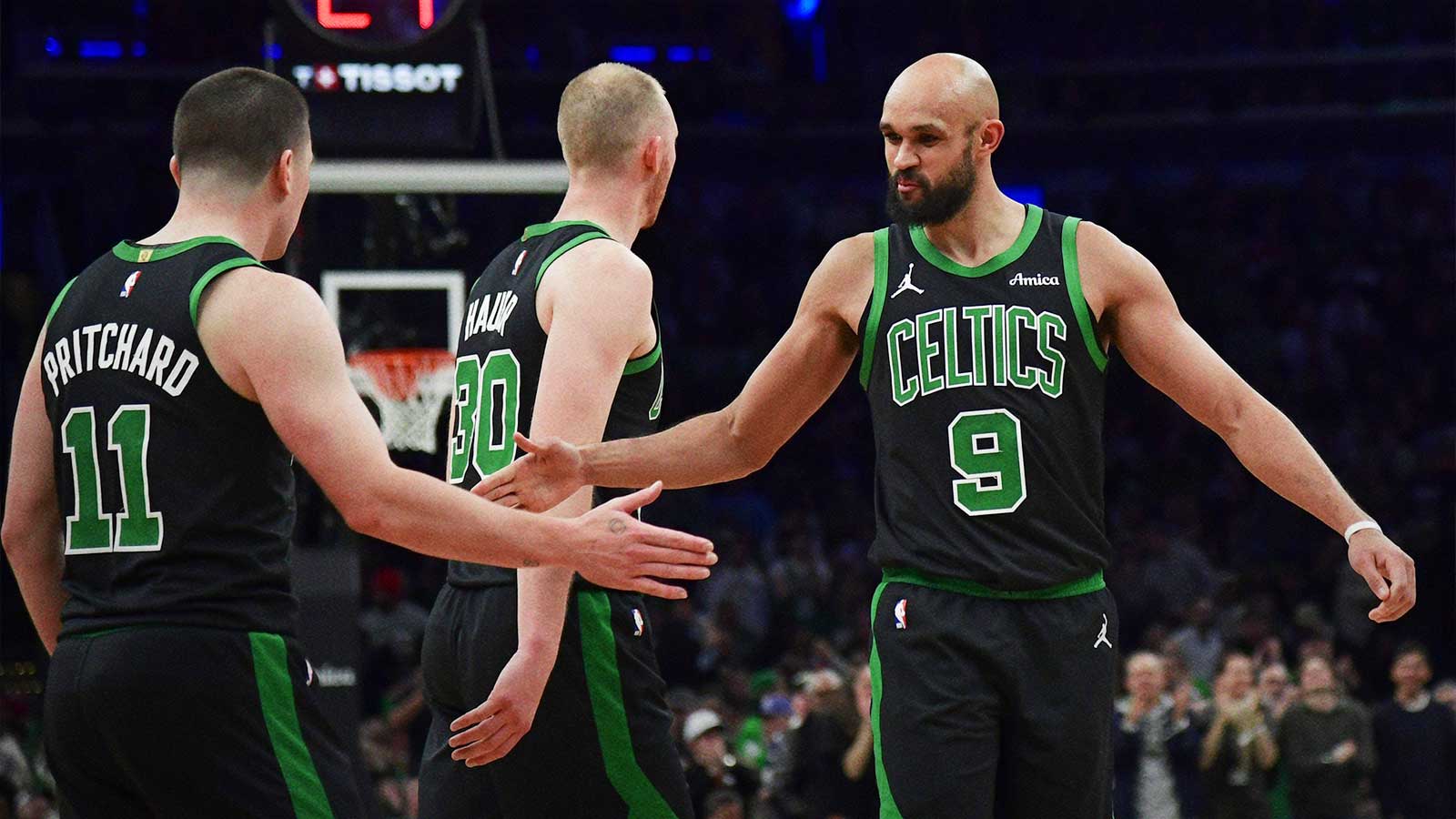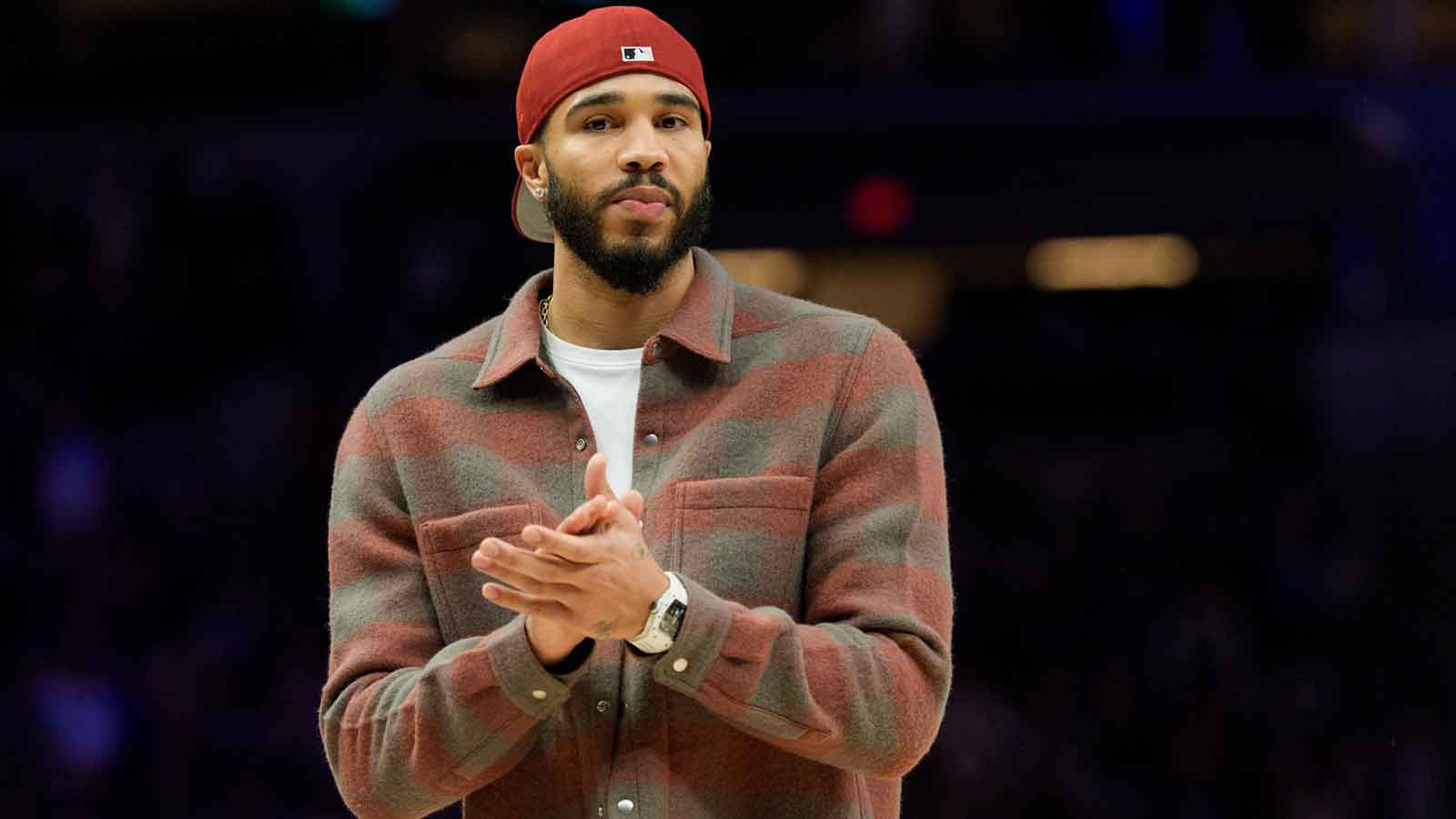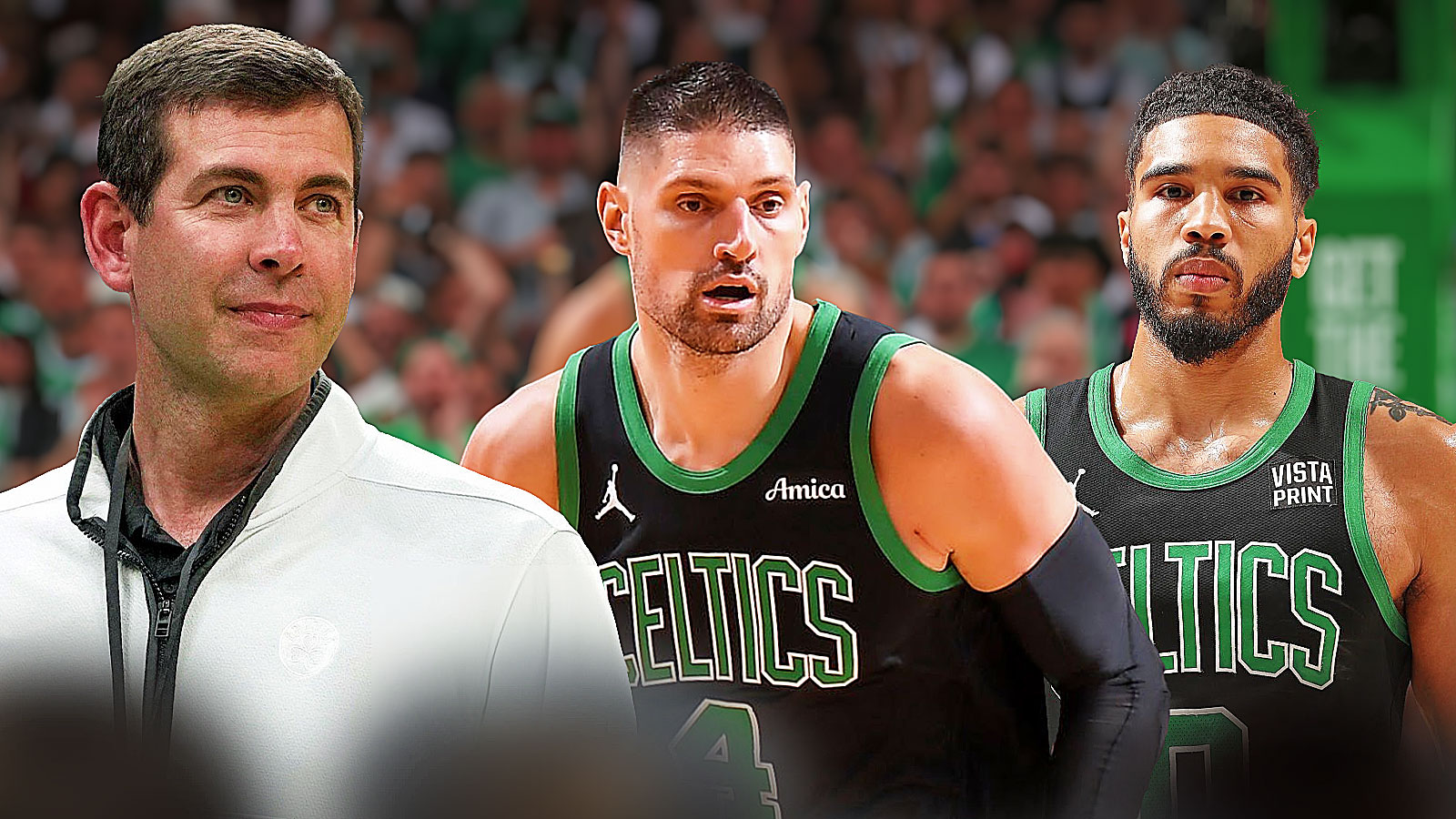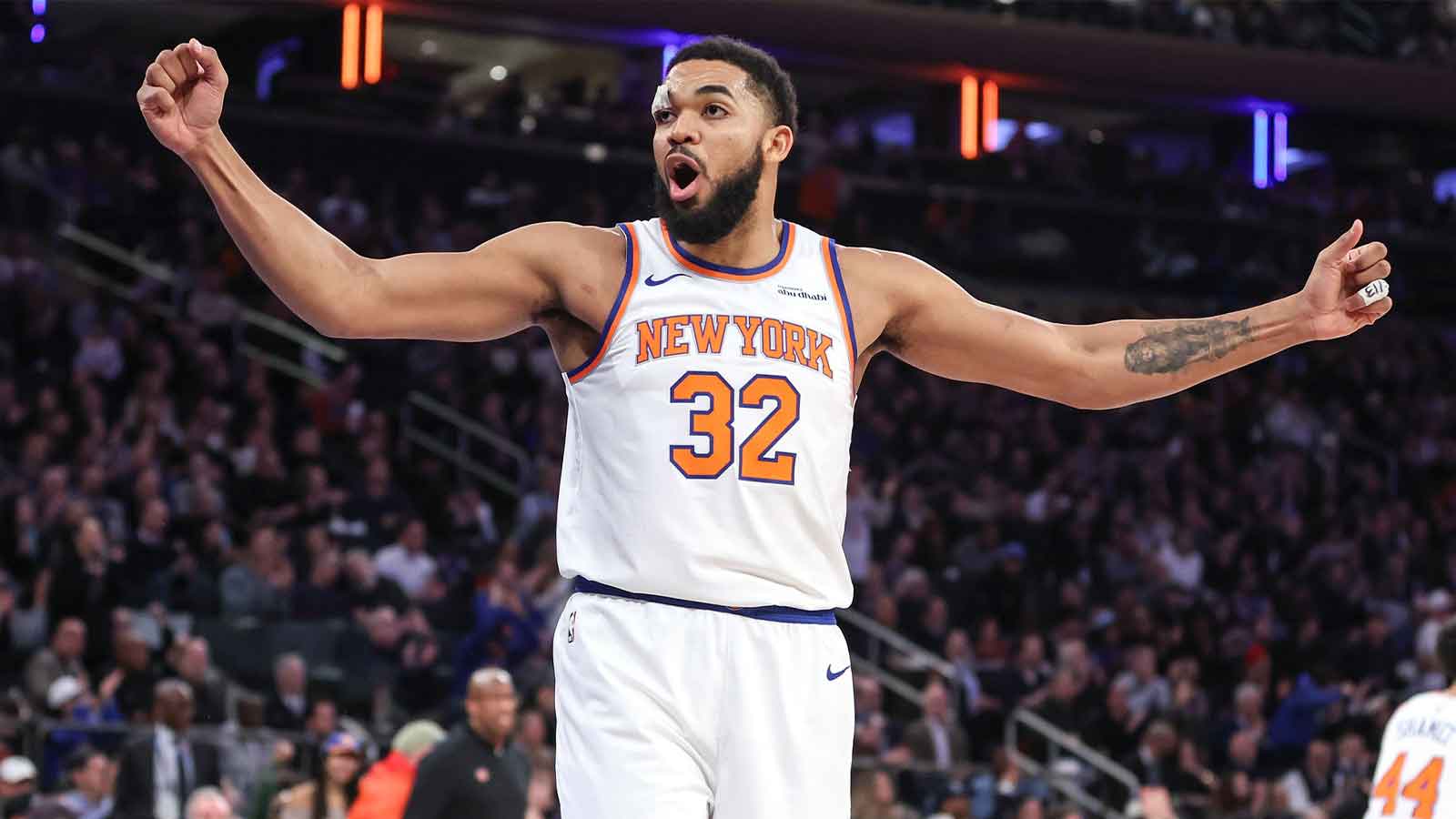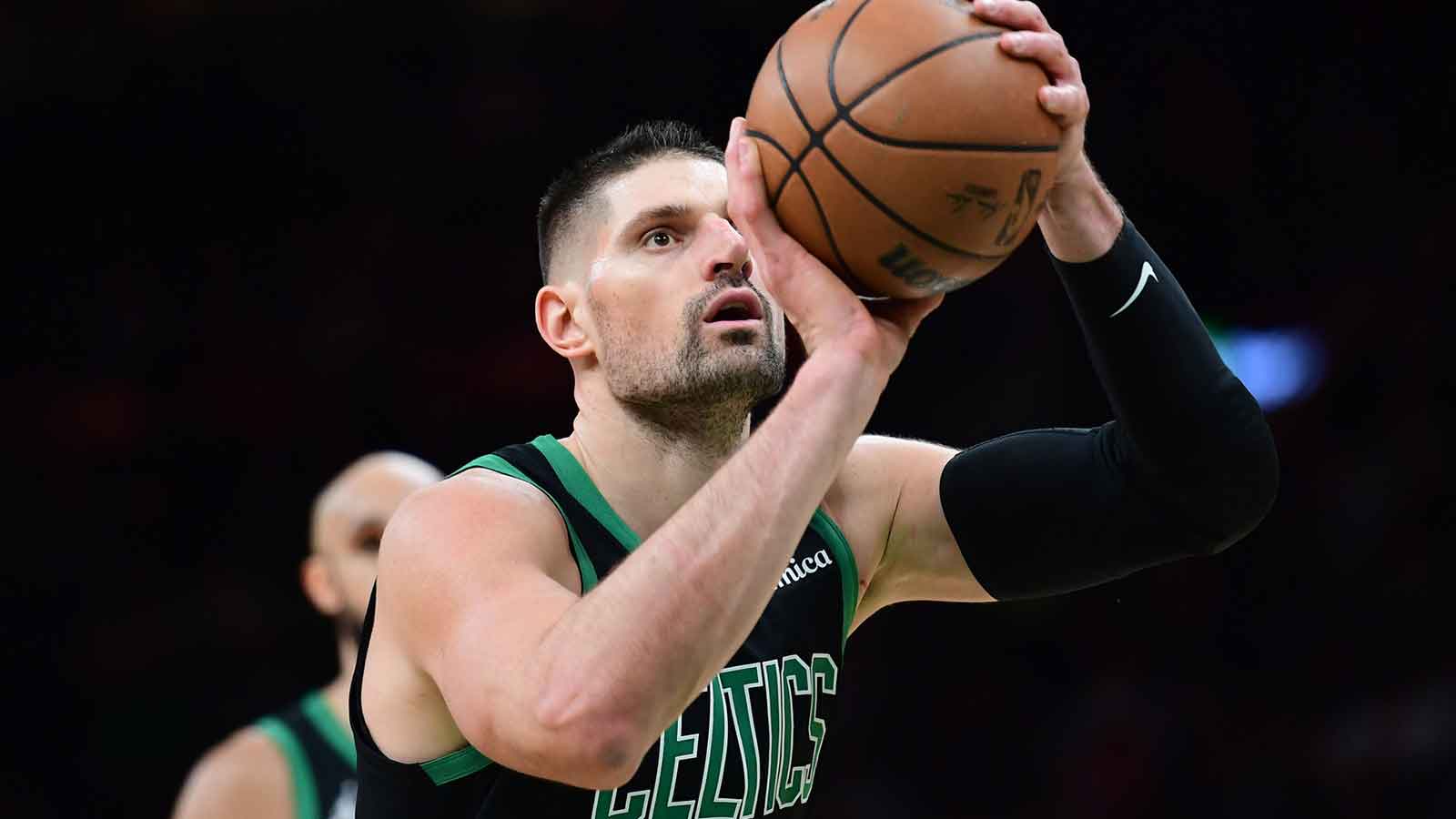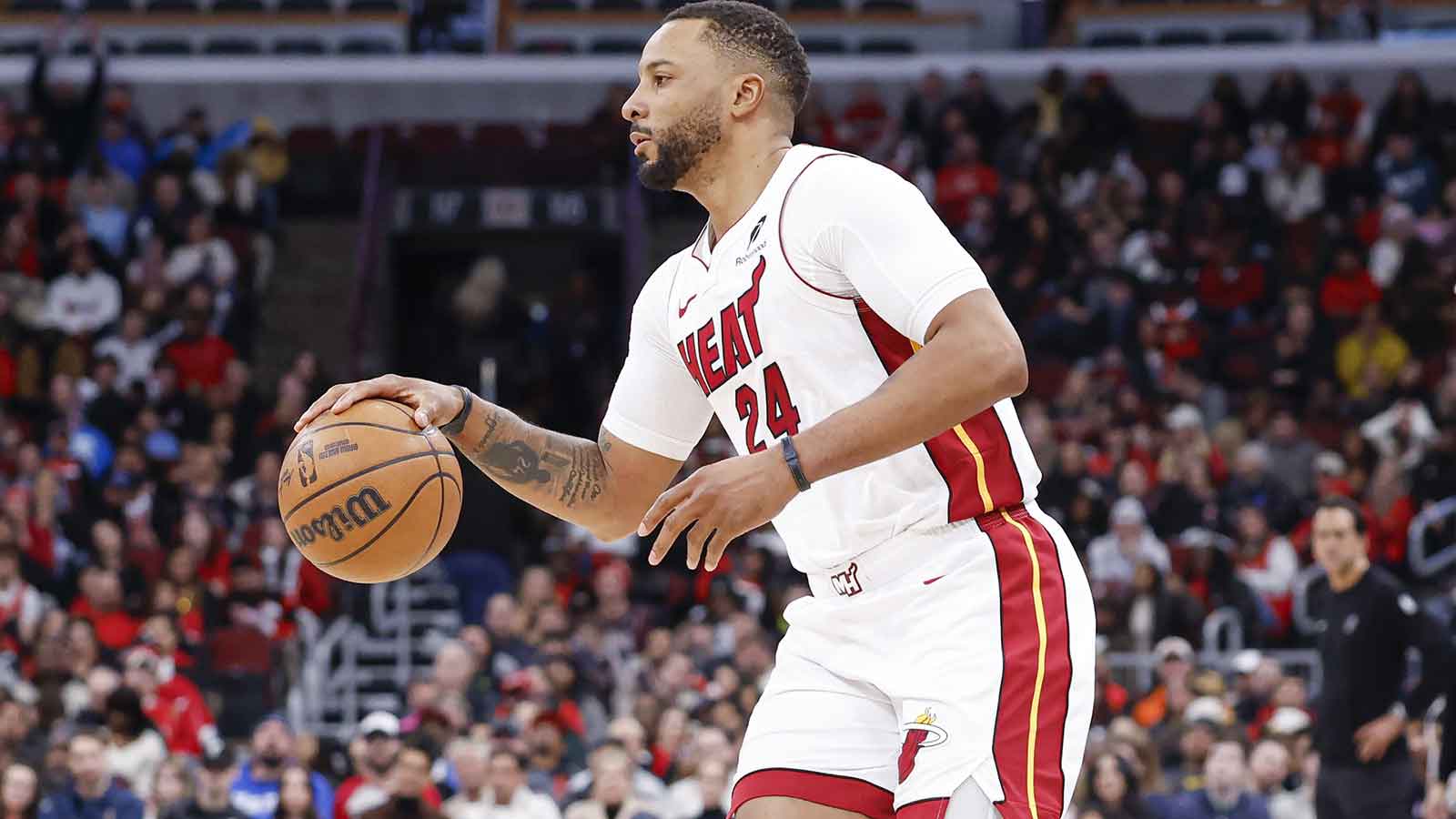What is currently going in Boston is something that is not necessarily unprecedented, but still odd and jarring, nonetheless.
Eight months ago, the Celtics looked like the class of the Eastern Conference and the biggest threats to the Golden State Warriors. Kyrie Irving. Al Horford. Gordon Hayward. Jayson Tatum. Jaylen Brown. Marcus Smart. Terry Rozier. Marcus Morris. Aron Baynes.
They were loaded.
The preceding season, Boston made it all the way to Game 7 of the Eastern Conference Finals without Irving and Hayward and came within minutes of ousting the LeBron James-led Cleveland Cavaliers to set up a showdown with the Warriors in the finals.
So, basically, the C's got that far sans their two best scorers and two of their three best players.
Naturally, getting a pair of All-Stars in Irving and Hayward back would put them over the top and make them nearly invincible to anyone other than Golden State, right?
Well, that's what we thought would happen.
Instead, what we got was an inconsistent mess, a team with a locker room that reached all-time great status in terms of toxicity that ended up winning just 49 games—about 10 to 15 wins less than expected—and bowing out unceremoniously in the second round of the playoffs.
How in the world did this happen?
Regardless of what narratives media pundits want to spin, Danny Ainge literally did everything right here. He signed Horford during the summer of 2016. He signed Hayward and traded for Irving the following offseason. He drafted Smart. He drafted Rozier. He drafted Brown. He drafted Tatum. He traded for Morris. He signed Baynes.
He assembled a team of three All-Star players surrounded by tantalizing young talent and terrific role players, a combination that generally leads to finals appearances and maybe even championships.
But the results just go to show that even the best-laid plans don't always work out.
Now, Irving and Horford are both set to leave Boston via free agency, and the Celtics' decision to trade Baynes merely to free up more cap space on Thursday shows that Ainge is throwing in the towel on what was supposed to be a dynasty.
The debacle began on opening night of the 2017-18 campaign, when Hayward suffered a gruesome broken leg injury that knocked him out for the remainder of that season. Then, later on that season, Irving began experiencing complications from a previous knee surgery and had to undergo another knee procedure, sidelining him for the playoffs.
Sure, the C's still went on a magical run during that postseason, but little did they know that that run would actually end up damning them for the long haul.
Once Irving and Hayward returned this year, the Celtics youngsters were clearly feeling a certain way about having their roles diminished. After all, they had come within minutes of leading Boston to the finals without these vets.
A clashing of egos that was obviously inevitable all along ensued, with Irving trying to assert his dominance over Tatum and Co. and the young guns bristling at his questionable leadership style.
Head coach Brad Stevens was helpless to solve the problems, proving that coaching is about more than just drawing up genius plays out of timeouts.
The issues got worse and worse as the year progressed, with Irving and Brown taking pot shots at one another through the media and Rozier sulking because he lost his starting job he had grasped during Irving's absence in the previous playoff run.
Meanwhile, Hayward labored all year long to try and summon up the strength to even resemble his former self, and by the time he started looking like the Gordon Hayward we had all come to know late in the season, it was too late. The damage was already done.
Sure, the Celtics swept a Victor Oladipo-less Indiana Pacers team in the first round and routed the Milwaukee Bucks in Game 1 of the second round and appeared to be coming together. But it was fool's gold.
Boston folded at the first sign of adversity, as the Bucks thumped the C's in Game 2 and went on to backdoor sweep the Celtics while Irving put forth one of the worst four-game stretches of his NBA career, clearly having checked out mentally.
Just like that, what was supposed to be a decade-long run of dominance became a one-year disaster, a cataclysm that was capped by Anthony Davis, Ainge's longstanding next Kevin Garnett, was traded to the Los Angeles Lakers last week.
The Davis deal effectively ended any chance the Celtics had of re-signing Irving, and with the 33-year-old Horford apparently having $100 million options in free agency, Boston's suddenly-shifting timeline made bringing him back an afterthought, as well.
This wasn't the way things were supposed to shake out. The Celtics were supposed to be the toast of the East and the next kings of the NBA with the Warriors' dynasty finally crumbling.
Instead, Boston ended up crumbling itself, and now, Ainge has to pick up the pieces and start over about 10 years sooner than he had hoped.
The Celtics may still have a great group of young talent. They may have newfound cap space. They still have plenty of reason to be optimistic.
But that doesn't change the fact that a championship contender has slipped through Ainge's fingers, and that stings.




